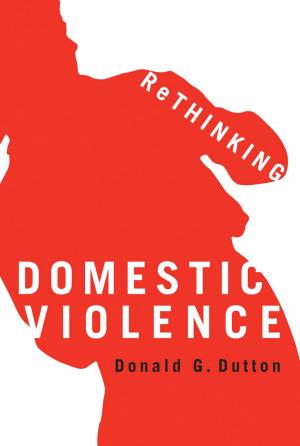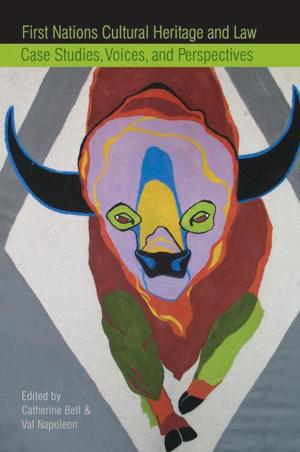Fraught Intimacies
Non/Monogamy in the Public Sphere
Nonfiction, Family & Relationships, Family Relationships, Alternative Family, Reference & Language, Language Arts, Communication, Social & Cultural Studies, Social Science, Sociology| Author: | Nathan Rambukkana | ISBN: | 9780774828994 |
| Publisher: | UBC Press | Publication: | May 30, 2015 |
| Imprint: | UBC Press | Language: | English |
| Author: | Nathan Rambukkana |
| ISBN: | 9780774828994 |
| Publisher: | UBC Press |
| Publication: | May 30, 2015 |
| Imprint: | UBC Press |
| Language: | English |
Adultery scandals involving politicians. Dating websites for married women and men. Raids of polygamous communities. Reality shows about polyamorists. It seems that non-monogamy is everywhere: in popular culture, in the news, and before the courts.
In Fraught Intimacies, Nathan Rambukkana examines how polygamy, adultery, and polyamory are represented in the public sphere and the effect this is having on intimate relationships and aspects of contemporary Western society.
As this book demonstrates, although monogamy is considered and presented as the norm in Western society, many kinds of sexual and romantic relationships exist within its borders. Rambukkana’s intricate analysis reveals how some forms of non-monogamy are tacitly accepted, even glamourized, while others are vilified and reviled. By questioning what this says about intimacy, power, and privilege, this book offers an innovative framework for understanding the status of non-monogamy in Western society.
Adultery scandals involving politicians. Dating websites for married women and men. Raids of polygamous communities. Reality shows about polyamorists. It seems that non-monogamy is everywhere: in popular culture, in the news, and before the courts.
In Fraught Intimacies, Nathan Rambukkana examines how polygamy, adultery, and polyamory are represented in the public sphere and the effect this is having on intimate relationships and aspects of contemporary Western society.
As this book demonstrates, although monogamy is considered and presented as the norm in Western society, many kinds of sexual and romantic relationships exist within its borders. Rambukkana’s intricate analysis reveals how some forms of non-monogamy are tacitly accepted, even glamourized, while others are vilified and reviled. By questioning what this says about intimacy, power, and privilege, this book offers an innovative framework for understanding the status of non-monogamy in Western society.















